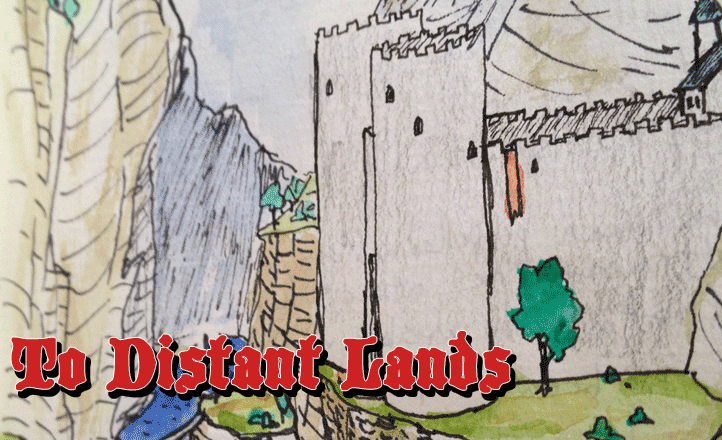Search checks and torches are different approaches to the same problem.
Bear with me here.
The problem in question is "how much stuff do the players get to do?"
Adventure locations tend to have a lot of hidden features that require some effort on behalf of the characters in order to uncover. In both instances, the challenge is determining what the characters are able to uncover, and what they are not.
Torches tie into a play style based heavily on resource management. The torch philosophy is that a player asking the right questions will find more secrets. Torches are an abstraction of time, which is the resource that is spent looking for things. It's assumed that the player characters are able to pull off most tasks they put their minds to. So, torch-style play attaches a time cost to each task. There's an almost infinite number of tasks you can attempt in any given location, but the time/torch cost requires players to be selective in their efforts.
Search checks come from an ethos that favours speed of play and a steady rate of progress. Figuring out what questions to ask is "dead" game time wasted on boring details that detract from the action that the group is actually interested. Resource management, likewise, is "dead" time wasted on bookkeeping, when you could be adventuring. The search check abstracts the process and speeds it up by leaving it to the dice. There is only one question: "Do I find any interesting secrets?" The die produces a quick answer, and allows the party to move on knowing that whether there is something or not, the result is final.
The difference between torches and search checks is a question of degree, not a binary. A game can be torch-biased or search check-biased, while still making room for the other style of play. Nevertheless, the distinction can be useful when deciding whether a set of rules are a good fit for the "feel" of play you're looking for.
EDIT: I want to clarify that the distinction I'm talking about here is not the "player skill vs. character skill" scale. Games in either style can foster complex situations requiring skillful play. If that question applies here, it does only insofar as concerns the process of exploration.
